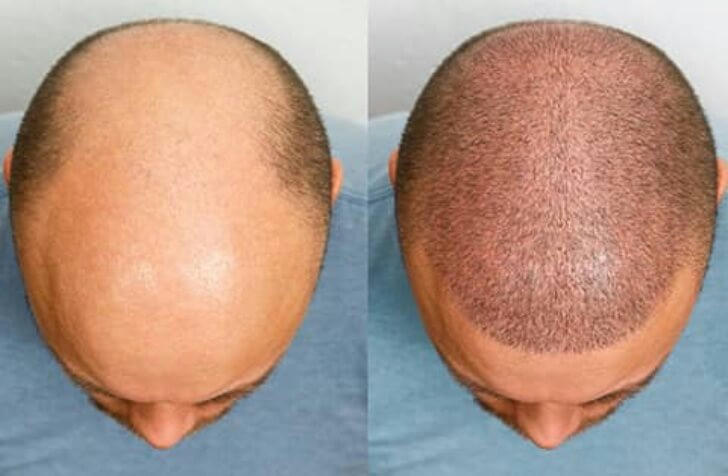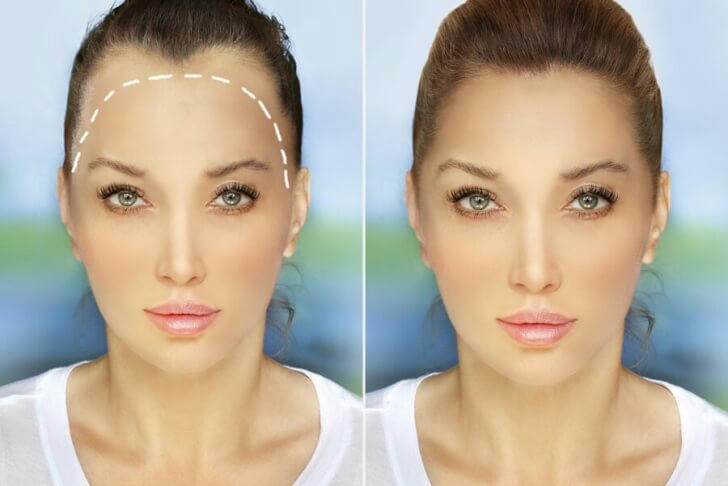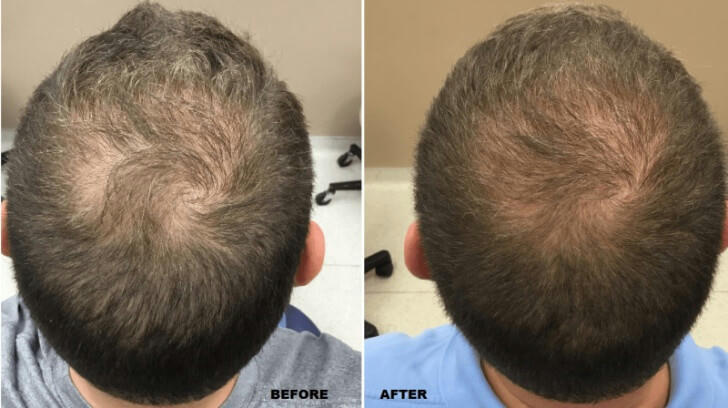Regaining Confidence: Unveiling the Magic of Hair Transplantation
**There exists a profound connection between self-confidence and physical appearance, consistently highlighted by psychological and sociological studies. Hair, in particular, plays a pivotal role in shaping an individual's self-image and social interactions. As such, hair loss can lead to significant distress, affecting one's personal and professional life. Hair transplantation has emerged as a formidable solution, offering an effective method for restoring both hair and confidence.

Understanding Hair Transplantation
Hair Transplantation Basics
Hair transplantation involves a surgical process that transfers hair follicles from a donor site, typically at the back of the scalp, where hair is more resistant to balding, to the areas experiencing hair thinning or baldness. These newly transplanted follicles are expected to continue growing hair at the recipient site.
Technological Advancements
Advancements in hair transplantation techniques, such as Follicular Unit Transplantation (FUT) and Follicular Unit Extraction (FUE), have revolutionized outcomes. FUT involves removing a strip of scalp and dissecting it into individual grafts, whereas FUE extracts individual follicles directly from the scalp. These methods provide a more natural look by mimicking the natural growth patterns of hair and minimizing visible scarring.
Comparison with Other Treatments
Hair transplantation stands out against traditional treatments like topical and oral medications. While medications might require lifelong application with varying success rates, transplantation offers a permanent solution. Similarly, wigs and hair systems, though non-invasive, lack the permanence and authenticity of transplanted hair. Transplanted hair feels natural and grows just like the existing hair, making it a preferred choice for many.
Advantages of Hair Transplantation
Permanency and Natural Look
One of the most significant benefits of hair transplantation is its permanence. Once transplanted, the hair follicles continue to grow for a lifetime, requiring typical hair care without additional treatments. This leads to a seamless blend with natural hair, providing a realistic appearance that wigs and hairpieces cannot offer.
Non-reliant on Medications
Long-term reliance on medications can pose challenges such as side effects and high costs. Hair transplantation eliminates these factors, offering patients the freedom to manage their hair without ongoing pharmaceutical dependence. This makes it a cost-effective solution over time.
Applicability Across Different Severity Levels
Hair transplantation is versatile, accommodating various extents of hair loss from mild thinning to total baldness. It adapts to the unique aspects of an individual's hair pattern, ensuring that each patient receives personalized treatment that meets their specific needs.
Demonstrating Effectiveness
Statistical and Clinical Evidence
Clinical studies consistently highlight the effectiveness of hair transplantation. Success rates often exceed 90%, with advancements in technique and technology contributing to high satisfaction levels among patients. Data shows that most individuals achieve desired hair density and natural-looking results, emphasizing the reliability of the procedure.
Real-life Success Stories
Anecdotes from individuals who have undergone hair transplantation underscore its transformative impact. Professionals from various industries have shared insights into how improved appearance has enhanced their personal and professional lives, from actors and athletes to business executives.
Suitable Candidates for Hair Transplantation

Evaluating Hair Loss Stages
Candidates for hair transplantation range from those experiencing early-stage thinning to those with significant hair loss. A thorough evaluation by a specialist determines the most appropriate course of action, ensuring the procedure is suited to the individual's specific condition.
Applicability for Both Genders
While commonly associated with male pattern baldness, hair transplantation is equally effective for women experiencing hair thinning. Female pattern hair loss usually manifests differently, often as diffuse thinning, making the assessment and approach vital in providing effective solutions.
Considerations Across Ages
Hair transplantation is not confined by age. It is frequently sought after by individuals in their 30s to 50s, but it is equally applicable for younger and older individuals provided they meet health and hair condition criteria. Younger patients are advised based on age, hair loss pattern, and future progression to ensure long-term satisfaction.
The Hair Transplantation Process
Initial Consultation and Assessment
The journey begins with a comprehensive consultation, where specialists assess hair type, density, and loss patterns. This step is crucial for developing a customized treatment plan, considering factors such as hair texture, color, and scalp condition, providing patients with realistic expectations.
Surgical Procedure Details
The selected method, either FUT or FUE, is employed during the procedure. FUT, while involving linear incision, allows for a higher yield of grafts, suitable for extensive restoration. FUE, being less invasive, provides quicker recovery and eliminates visible scarring, appealing to those seeking minimal downtime.
Post-surgical Recovery and Care
Post-operative care significantly impacts the success of the transplantation. Patients receive detailed instructions on scalp care, including washing techniques, physical activity limitations, and medications to accelerate healing and ensure the grafts take hold.
Psychological and Social Impacts
Boost in Self-esteem
Scientific evidence supports the positive psychological effects of improved physical appearance through hair transplantation. Many patients report increased self-esteem and a renewed sense of self, leading to improved mental health and overall well-being.
Positive Changes in Social and Professional Areas
Beyond personal benefits, hair transplantation often triggers positive changes in social and professional domains. A reinvigorated appearance can improve social interactions, enhance networking opportunities, and, in some cases, lead to career advancements due to increased confidence.
Psychological Case Studies
Studies have documented the correlation between hair restoration and psychological health, showcasing decreased anxiety, better social performance, and heightened life satisfaction. These insights underscore the broader impact of physical transformations on mental well-being.

Conclusion
The quest for regaining self-confidence is fundamental, especially when confronting challenges like hair loss. Hair transplantation offers not only a medical solution but also fosters psychological healing by restoring one's appearance. With continuous technological advancements, the future of hair transplantation looks promising, offering hope and tangible benefits for those seeking to reclaim their confidence.
Appendix
Frequently Asked Questions
This section addresses common inquiries regarding hair transplantation, such as the duration of procedures, anticipated results, potential risks, and post-operative expectations, providing comprehensive guidance to prospective patients.
Resources and Recommended Clinics
An extensive list of reputable clinics globally offers the latest hair transplantation techniques, equipping potential patients with the necessary information to make informed decisions. These resources ensure that individuals can access skilled practitioners who deliver optimum results.
